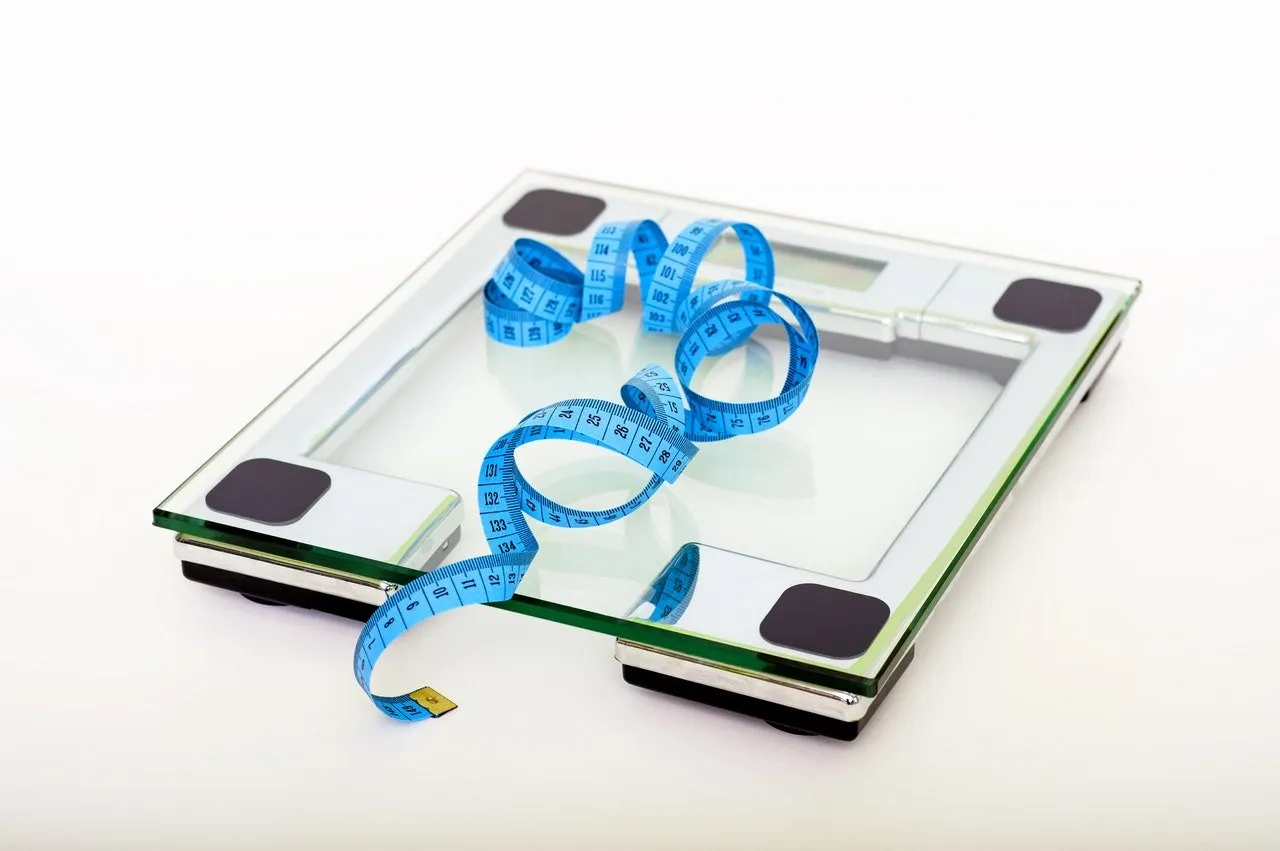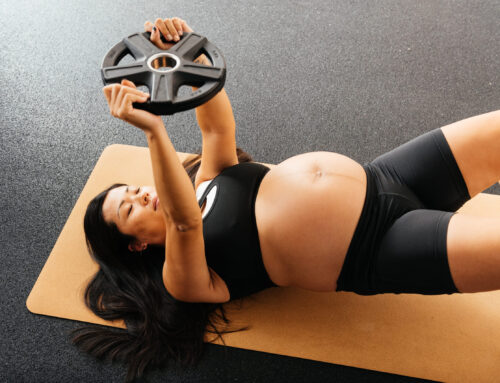Six Reasons Women Struggle to Lose Weight
You hit the gym or do a workout at least four times a week and still you are not seeing the results you want. Many women struggle with this exact problem. But working out does not automatically equal weight loss. There are many factors that determine weight loss, like changing hormones and lifestyle habits, such as sleep, that have a lot to do with that number on the scale going up or down.
Six Reasons Women Struggle to Lose Weight
There are six main reasons I see women struggle to lose weight, even if they are regularly working out. That is why functional medicine is so crucial. It looks at the whole person to create the ideal environment for that individual to thrive.
1. Your hormone levels are off
This is a common issue in women trying to lose weight any time after 35. During your 30s, levels of key muscle-building hormones, including growth hormone and testosterone, begin to decline. As a result, you may start losing muscle, which can slow your metabolism and lead to weight gain. Getting your hormone levels checked can help identify any deficiencies or imbalances that may be sabotaging your best efforts.
2. You’re not mixing up your workout routine
If you are doing the same workout routine every time, you may have plateaued, which is when your body is used to the workout and you stop seeing results. When working out, it is important to have a variety of cardio, strength training, and stretching. If you only run four miles a day, you are missing out on important muscle building and core strength training. A good variety will keep your body adapting so it gets leaner and stronger.
3. You’re not taking time to rest and recover
This is so important! It is truly where the magic happens. Rest and recovery give your muscles the time they need to grow and get stronger. Recovery and rest are often more important than the workout itself. It’s during those periods that your body does most of the actual fat burning. If you feel a real burn in your arms the day after a workout, let them rest and do a leg day next. I generally recommend working out two to three days on then one day off. if it’s a particularly difficult or intense workout, then taking the next two days off with gentle movement is beneficial. Not giving your body enough time to recover can also produce an excessive amount of cortisol, a stress hormone, which leads us to number four…
4. Your body is under too much stress
Women especially fall victim to stress impeding their weight loss and health goals. A stressful personal or professional life can make your body produce too much cortisol, which can lead to weight gain. Additionally, stress can keep you from planning ahead for a good workout or a balanced meal. When we are stressed, we go to things that feel good or are convenient. Take time on your lunch hour to go for a walk, or just take a deep breath and close your eyes to center your thoughts. Be conscious to eat mindfully and connect with those we love to get our stress hormones back in line. Small moments to decrease stress can make a big difference in weight loss.
5. Your sleep schedule is off
Sleep is so vital to your health. Lack of sleep can affect hormones, ultimately affecting metabolism. Adults need to get seven to nine hours of sleep a night for optimal function. Getting less than seven hours of sleep a night is considered sleep deprivation, and that makes us crave glucose (sugar). A study presented at the North American Association for the Study of Obesity found that those who got less than four hours of sleep a night were 73 percent more likely to be obese than those who got the recommended seven to nine hours of rest. And if you don’t feel rested, you may have a less intense workout or just skip it all together.
6. You’re not eating enough calories
Especially with women, we have been told to limit calories, go on a diet, count calories, etc. and for many of us, it means we are eating far fewer calories that we actually need to lose weight or maintain a healthy weight. When you are calorie deprived, your body actually goes into preservation mode because it thinks you are starving and it will hold on to every last calorie it can. By working with a health coach or nutritionist, they can help you understand what you should be eating daily for your age, body type and health goals.
If you feel like you are doing all the right things at the gym and still not getting the results you want, it may be time to explore functional medicine. Our program helps you gain the knowledge and support to get you to a stronger and healthier version of yourself.





